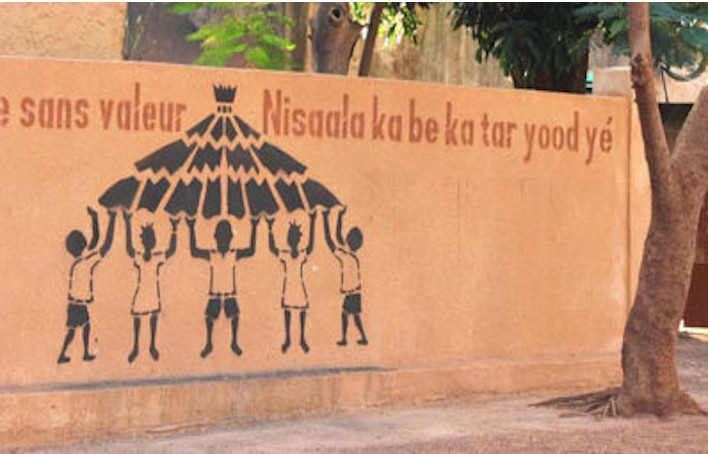How COVID-19 Is Affecting the Most Vulnerable Children

The COVID-19 pandemic has caused hundreds of thousands of deaths in a few months. In a matter of days, it shut down entire economies and societies. Though these drastic measures were necessary to limit spread of the virus, they have had severe effects on vulnerable children living in poverty. Now more than ever, there is an urgent need for strong policy responses that leave no child behind.
Negative impact on schooling
According to UNESCO, most governments have now temporarily closed educational institutions, leaving three-quarters of the world’s school children out of school. In both the global North and South, millions of children are faced with technological, economic, and social barriers to education. In high-income countries, children switching to online learning still face many difficulties. In low- and middle-income countries, many education ministries broadcast teaching programs. Yet, children in poor households without a television or radio have no access to these broadcasts.
For many children, internet access is a luxury, as is using technological devices such as computers and phones. In Belgium, for example, schools email some children PDF homework documents. Yet these can be full of links that are not accessible from a telephone, often the only device families have to access emails. A mother and ATD Fourth World Activist in Mexico is worried about distance learning for her 14-year old son who is in Special Education. Because the family has no home computer, they relied on the library, which is now closed. For these already vulnerable families, distance learning is yet another obstacle to education.
Alternative placements disrupted
The situation has become even more precarious for vulnerable groups such as children in foster care and institutions in the Global North.
Measures to prevent further spread of the virus have had harmful effects on children who do not live in traditional homes with their families. For example, since the lockdown began in Belgium, some children placed in boarding schools by social services have been sent back to their parents. Prior to this youth services claimed these parents did not have the means to educate their children in acceptable conditions. Now, the same parents have to manage without any additional support. In the UK, birth parents whose children were placed in alternative care saw their contact visits cancelled.
For some children, social services have changed their alternative care arrangements without consulting the family or giving them adequate information. For example, in one family with five children placed in care, three were sent back to their parents, while two were kept in institutions. It is difficult to explain to children that some can return to their family, but others cannot. What will happen to these children once the pandemic is over? In addition, some families who have impending dates in family court have received no information about whether they must appear in person or through some other arrangement.
Increased exposure for some children
In the Global South, Covid-19 poses a special threat to children living on the streets. In Burkina Faso, a new curfew obliges everyone to be home by 8pm. However, this has left children living on the streets with little means of survival. Since the closing of the markets, informal activities that enabled these children to feed themselves have disappeared. In addition, lockdown measures force children on the streets to live in closer physical proximity than before, exposing them to the virus. The recommended social distance of one meter is impossible for them to maintain. Because they can no longer be on the street, some have taken to sleeping on rooftops. Others have found refuge in a school near the ATD Fourth World “Courtyard” in Paspanga.
The need for integrated, child-centered solutions
Vulnerable children and their families need additional policies and programs to help them adjust to the new normal. Those designing assistance efforts should listen to people experiencing poverty in order to understand the impact of the crisis and the measures these families need to cope and effectively support their children.
Child Sensitive Social Protection (CSSP) is a set of interventions designed to ensure and advance the rights and wellbeing of children. It is vital that a human rights perspective underlie the design and implementations of all such interventions. This orientation would result in measures that protect and support all children and particularly those most vulnerable and deprived.
Measures to enable all students to effectively participate in distance learning are necessary to keep vulnerable children from being left behind. Additional resources and services are essential for children whose parents or caregivers cannot provide adequate educational support. Regarding children in care, further support should be provided including through the process of family reintegration and family support.
If they are to be effective in eradicating poverty, reducing social and economic vulnerability in a holistic and sustainable way, long-term policies that emerge from this crisis must be rights-based, child-centered and integrated into larger sets of social protection systems.
More on Covid-19 Impact on Children:
Parenting in Poverty Under Lockdown
Soap, Water, and Helping Your Neighbours
Meeting the Challenge of Distance Education

